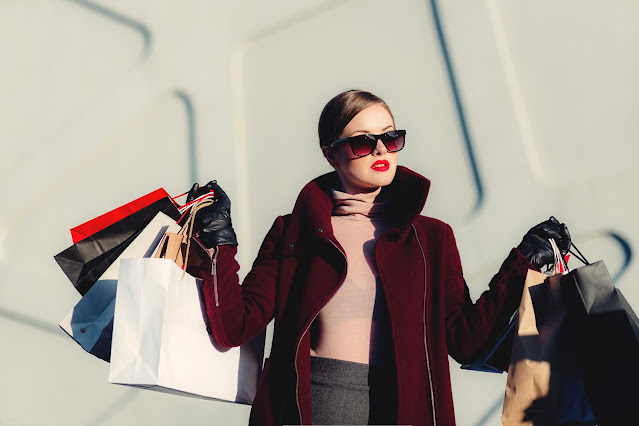This article was written on February 21, 2021.
Luxury retailers can learn pandemic-responsiveness from the U.S. Passport Office.
One of my favorite luxury brands, considered the bellwether of innovation, seems to be struggling to cope with the pandemic-related stress on its systems. While I arrived on time at their retail store for a repair-appointment, it took 30 minutes before I was allowed into the store. Not surprisingly, I enjoyed exemplary service from Edward, their knowledgeable and earnest technician. The retailer is, after all, known for setting the gold standard in customer care. However, COVID-19 has required a reconfiguration of their in-store experience. This seems to have tripped the luxury brand.
When I arrived for my appointment, I walked enthusiastically
into the store, only to be blocked by the outstretched arm of an intimidating
security guard. He asked me to wait in one of three lines formed outside the
store. The saga of my repair appointment continued to unfold over the next two
weeks as I had to revisit the store a few more times and wait in line.
At each successive visit, my wait time and the choice of the
line in which I was asked to wait varied. The security guards outside the
retail store were totally in charge of the brand’s luxury experience, improvising
rules. My wait time depended on primal skills, like the use of body language when
the guards were making a visual assessment to decide my fate, projecting
confidence through sustained eye-contact with the influencer guards, my use of
persuasion to be allowed to choose the shortest line, and walking up to eloquently
reason with them that it was unfair to make me wait in line on each visit for
the same repair order especially when the technicians had clearly said I would
be a ‘walk-in’.
Humor notwithstanding, for a luxury retailer to trust its
brand in the hands of guards from a private security agency seems reckless. What
customers first encounter almost resembles crowd control by bouncers outside some
seedy night club.
In contrast, consider the Passport Office. Pre-pandemic, it
was a chaotic room stuffed with families carrying wailing kids while the
officials calmly shuffled papers and expired passports. During the pandemic, my
visit to renew my passport was a markedly better experience than that at the
luxury retailer. I walked in at the appointed hour. People waited their turns
in the parking lot. The bureaucratic brand trusted its system, and more
importantly, its customers.
Bureaucracy is not often associated with creativity. Luxury
brands that pride themselves on building a brand perception of cool creativity do
not want their brand to be associated with anything ‘bureaucratic’. However, a
well-oiled innovation machine can get derailed when not built upon reliable
systems that allow creative work to forge ahead. A robust bureaucracy provides
for flexibility, just like expansion joint gaps that accommodate expansion of railroad
tracks in hot weather. Bureaucracy fosters the dependability that luxury brands
need now.
